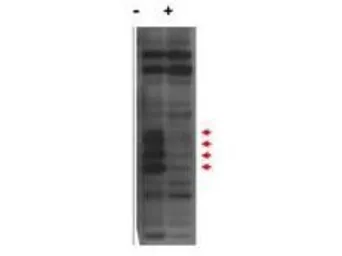Mlf1 Interacting Protein antibody
Cat. No. GTX48708
Cat. No. GTX48708
-
HostRabbit
-
ClonalityPolyclonal
-
IsotypeIgG
-
ApplicationsWB IHC-P ELISA
-
ReactivityHuman

